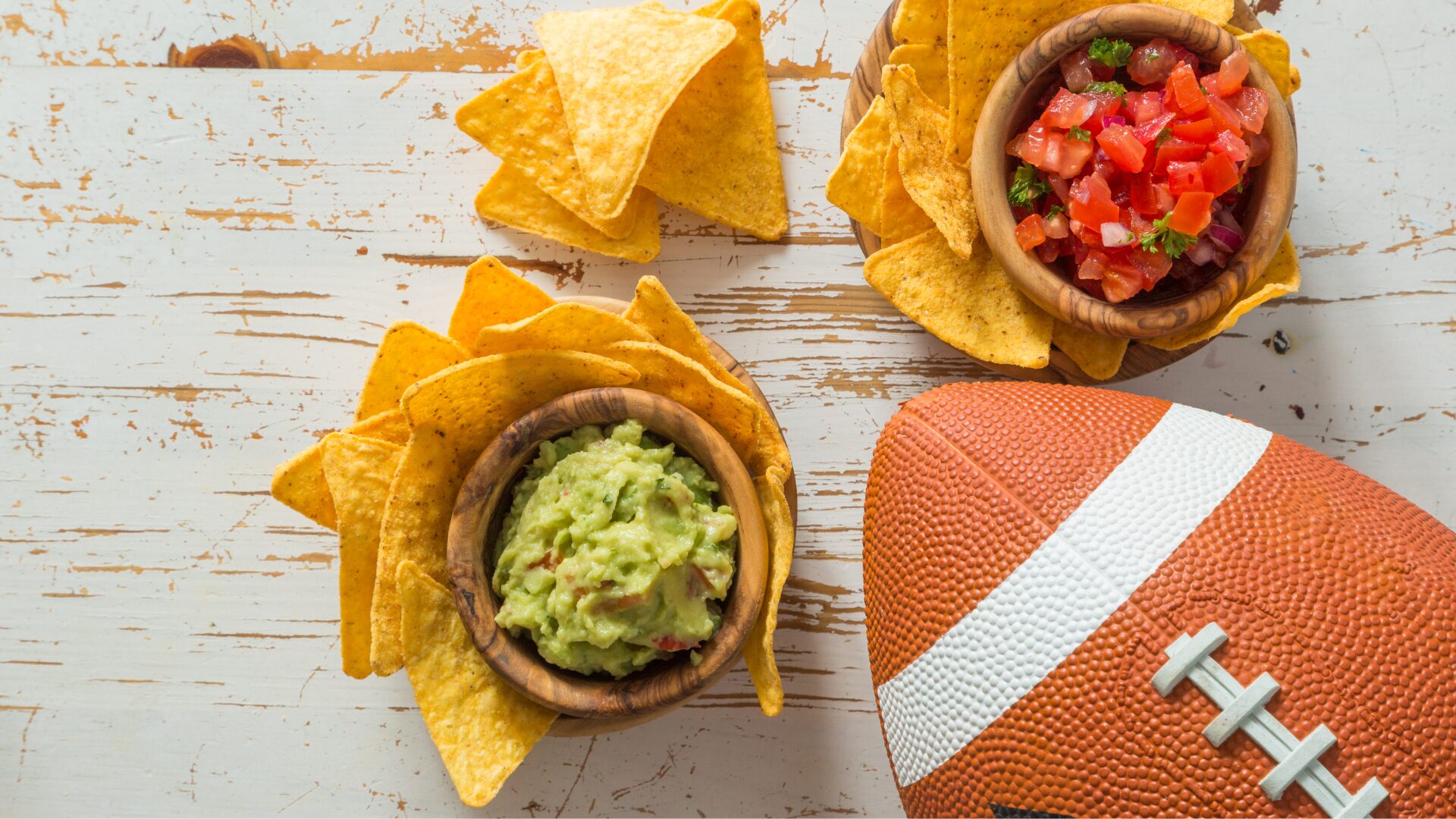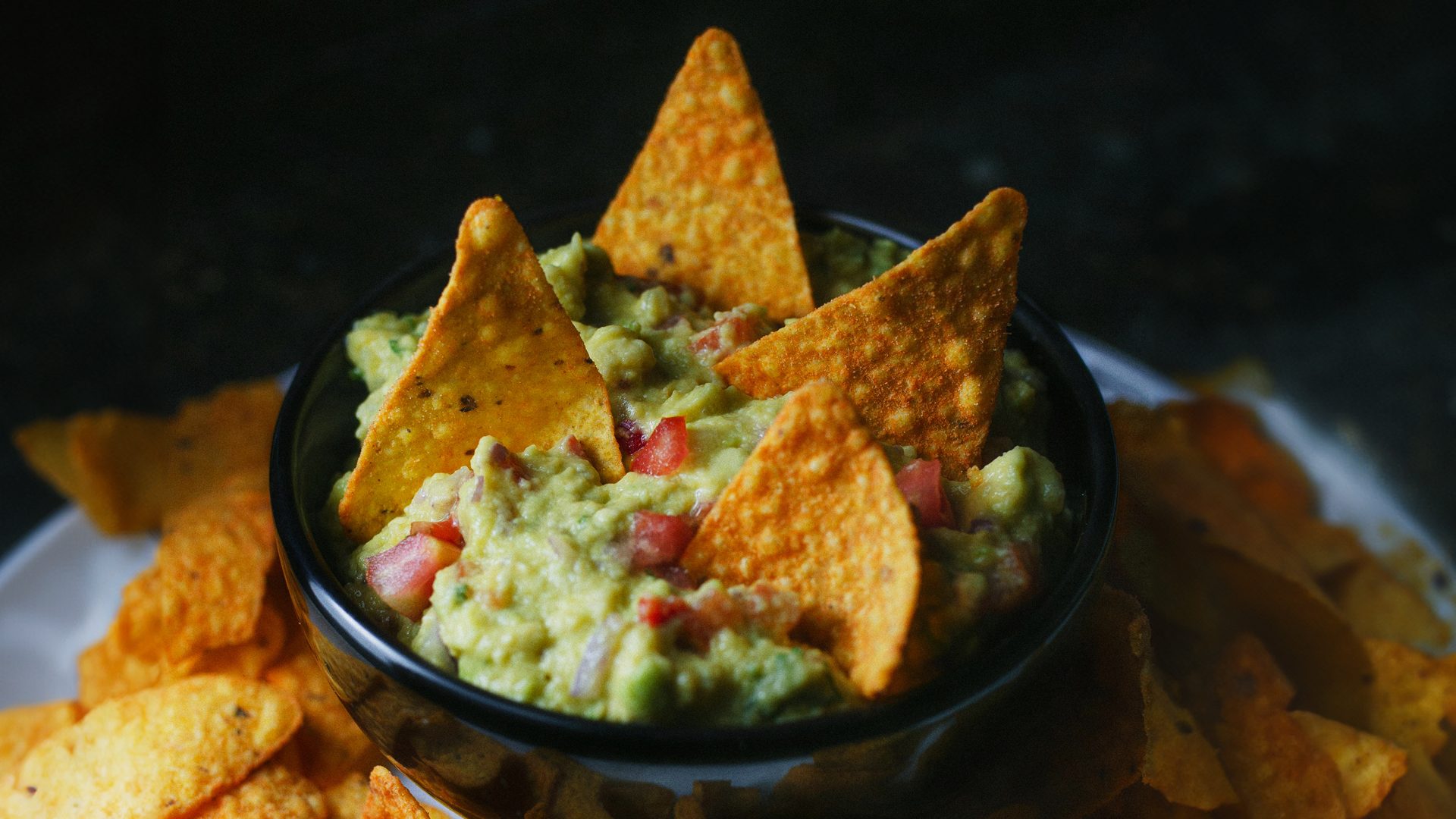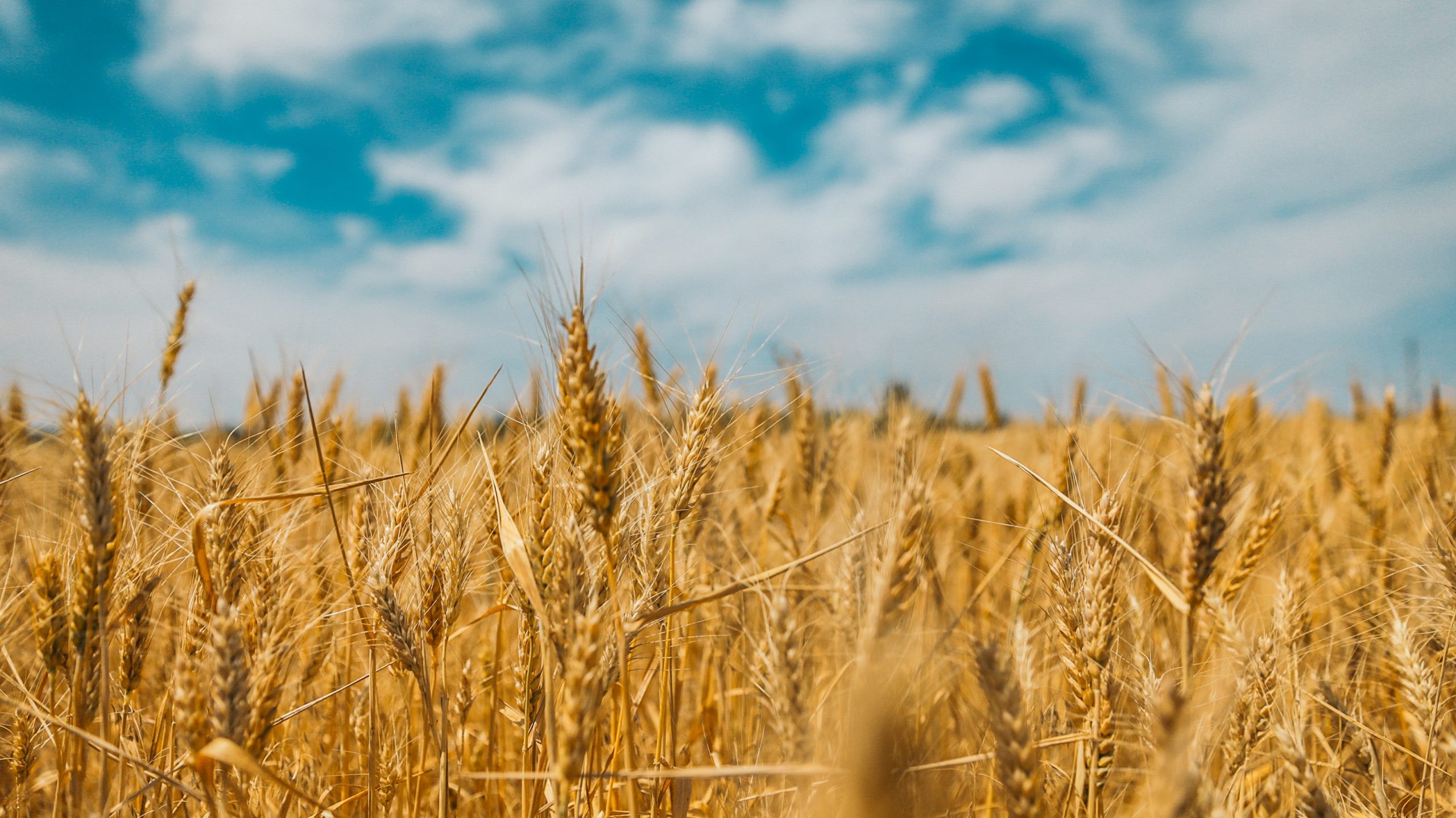Amid fluctuating economic and environmental conditions, one thing remains strong: America’s avocado appetite.
The guacamole cravings are especially robust ahead of the Super Bowl on February 9. In 2024, Americans consumed approximately 54 million avocados during the big game.
And this year, Claudio Méndez Fernández, the head of Mexico’s Secretariat of Economic Development, announced that over 150,000 tons of avocados will be shipped from Michoacán for the event.
That said, America’s avocado obsession is a year-round affair.
From 2023-24, the U.S. imported 2.48 billion pounds of avocados from Mexico, according to a Texas A&M analysis of a report by the Avocado Institute of Mexico.
U.S. avocado consumption skyrocketed more than 600% from 1989-2020 at a CAGR of 10%.
Here are three factors fueling this explosive growth.
Avocados Get the Green Light
The sequential lifting of a U.S. ban on Mexican Hass avocado imports by the USDA beginning in 1997 is partially responsible for the ingredient’s surge in consumption.
The original ban went into effect in 1914 after concerns of potential seed weevil contamination came to light.
In 2022, Mexican Hass avocado imports to the U.S. were temporarily suspended again after a U.S. safety inspector received a death threat deemed credible by the federal government. However, the ban was lifted within a week.
Increased Demand for Ethnic Flavors
Consumer interest in international cuisines has also surged in the last few decades, highlighting a second factor behind the seismic rise in avocado imports.
According to a report by IBISWorld, U.S. ethnic supermarket revenue increased at a CAGR of 3% from 2019-24, amounting to $55.8 billion in annual sales, with the trajectory expected to continue.
Industry experts credit some of this shift to the influx of U.S. immigrants seen in recent years. The U.S. Hispanic/Latino population increased 12.9 million from 2010-22, and consumers tend to purchase items and ingredients that are familiar to them.
Heightened Awareness of Health Benefits
In addition to ethnic flavors, consumers have become increasingly interested in functional and health-promoting foods – and when you combine that with greater awareness about the health benefits of the humble avocado, its popularity makes even more sense.
The Texas A&M team attributed much of the increased nutritional knowledge to the “highly effective” efforts of the Hass Avocado Promotion, Research, and Information Order established by the USDA’s Agricultural Marketing Service in 2002.
And the investment has paid off for both the U.S. and Mexican economies on top of improving Americans’ health.
Economic Output
Since 2012, the economic output of Mexican avocado imports to the U.S. has increased 340%, supporting 42,000-plus American jobs and 78,000-plus direct jobs in Mexico.
According to the Avocado Institute of Mexico, the majority of the nation’s avocado growers are “small-scale farmers who hold an average of three acres per farm.”
From 2021-22, Mexican avocado imports contributed:
- $11.2 billion in U.S. economic output
- $6.1 billion in U.S. GDP (value added)
- $3.9 billion in U.S. labor income
- $1.3 billion in U.S. taxes
The Food Institute Podcast
How does a coffee brand pivot into honey? The answer might make more sense than you originally believed. Jessica Padula, Nespresso USA’s vice president of marketing and head of sustainability, returns to discuss the company’s sustainability efforts and how her dual roles in marketing and sustainability inform each other and improve the company.












